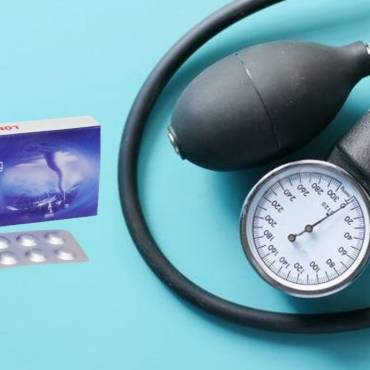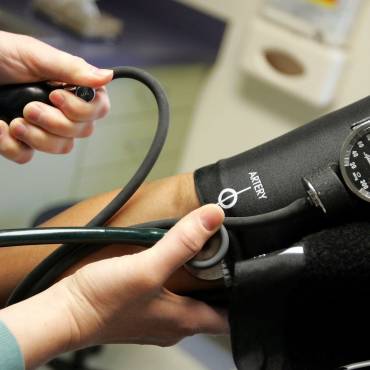What you eat has a real effect on your overall health including blood pressure. Your eating pattern will decide your blood pressure levels. If you are dealing with high blood pressure or have hypertension, it is the right time to make healthy dietary changes. If you have been prescribed with blood pressure medicines, then a healthy diet can reduce the number you may need to manage appropriate blood pressure levels. For people with hypertension, following an eating pattern that supports healthy blood pressure may eventually help to avoid Bp tablets.
Benefits of Blood Pressure Friendly Eating Habits
People with high blood pressure are more likely to get heart disease, stroke, and kidney disease. Hypertension usually goes undiagnosed because people who have this condition typically show no symptoms and persistently high blood pressure can significantly increase the risk of heart attack. Now the question arises how to control blood pressure? The first line of defence against hypertension is to get your blood pressure checked regularly. You can take the help of your health care specialist to know about your condition. The condition can be easily reversed by following healthy lifestyle habits like healthy eating and regular physical activity. Diet plays a crucial role in maintaining blood pressure. Eating a healthy diet is crucial for not only managing blood pressure but also reduces the risk of heart attack, stroke and other potential threats.
Dietary Changes to Lower Blood Pressure
Research suggests that lifestyle changes can make a huge difference in your blood pressure. By following these steps, you can achieve a normal range of blood pressure.
- Maintain body weight- One of the most effective ways to reduce elevated blood pressure is to lose extra pounds. Shedding extra kilos doesn’t require major efforts to make a difference. Even losing a few extra pounds can significantly lower your blood pressure.
- Check the labels-A diet rich in sodium can contribute to high blood pressure. For individuals with hypertension, the recommended total amount of sodium is 1500 milligrams per day, and it will not take much sodium to reach the recommended levels than taking 3 to 4 teaspoons of salt. It is very difficult to reduce sodium intake with reading food labels while shopping for food items in a grocery shop. Eliminate high sodium foods from your diet by reading labels carefully. Beware of eating high sodium foods such as pizza, bread, rolls, poultry, sandwiches, soup, etc.
- Get enough exercise– It doesn’t take much physical workout to make a difference in your overall health. Thirty minutes of moderate to intense workout for five days help you manage blood pressure and reduce the risk of stroke and heart attacks. Physical activities like dancing, cycling, and brisk walking can help maintain a healthy body. You can also go with weight lifting to help get rid of extra weight and stay fit.
Also Read: Sauna Lowers Your Blood Pressure
- Drink in moderation- Drinking too much alcohol can put you at increased risk of high blood pressure. So drink in moderation and if it is possible to stop drinking for your better well being.
- Practice stress management- When you are in stress, your body tends to release stress hormone called cortisol which tends to constrict blood vessels and can lead to temporary spikes high blood pressure. Also, stress gives rise to unhealthy habits like overeating, poor sleep, alcohol abuse and use of illicit drugs that put you at cardiovascular health risk. If you are stressed that reducing stress should be your priority if you are looking for ways to lower your blood pressure.
- Reduce the use of dairy products- Use of dairy products like milk, and yogurt has been linked to greater reductions in blood pressure. Reduce fat intake by reducing the use of milk, cheese, and yogurt in your diet and look for ways to include these food items as a nourishing snack. You can try reduced fat yogurt with wholegrain cereals, topped with berries and nut as a healthy recipe.
- Feast on nuts and seeds- Nuts and seeds are not only delicious but are nutritious as well. Nuts and seeds contain healthy unsaturated fats, essential vitamins, and minerals that are extremely healthy. A handful of unsalted nuts is linked to lower levels of blood pressure.



